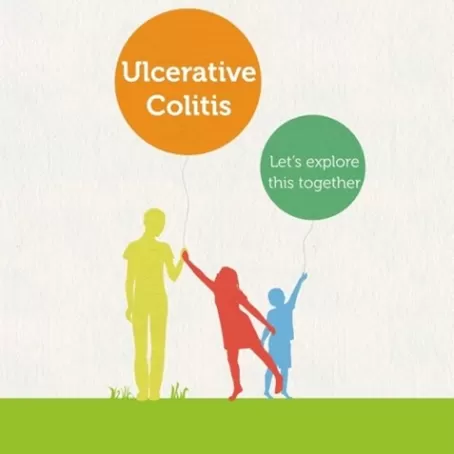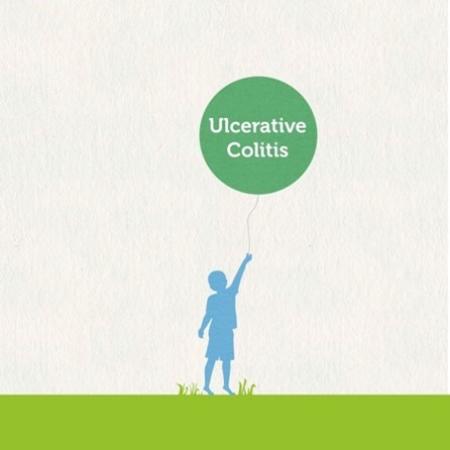Clinical research studies look for new ways to progress science and develop potential treatment options. They are designed to test the safety and effectiveness of investigational study drugs to understand if these potential treatments can be used in the future.
Even if participants don’t directly benefit from the results of the clinical study, the information collected can help others and add to scientific knowledge. People who take part in clinical studies are vital to the process of improving medical care.
Your child’s voluntary participation in this study may help to advance medical knowledge and improve quality of life for the millions of people, including children, living worldwide with ulcerative colitis.







